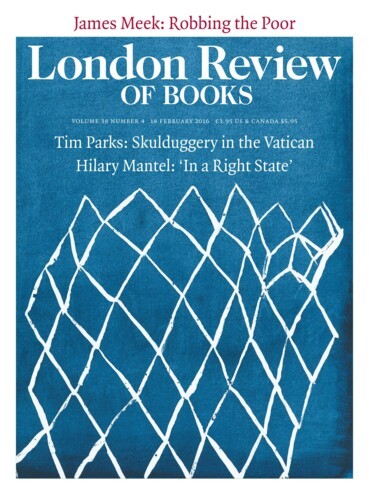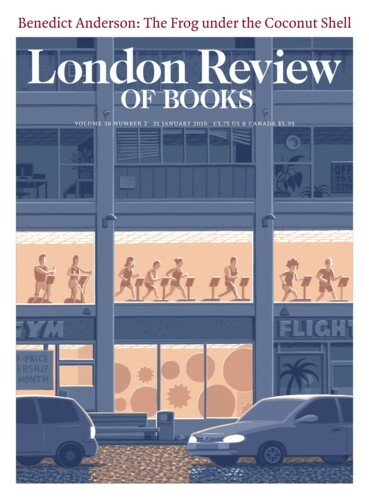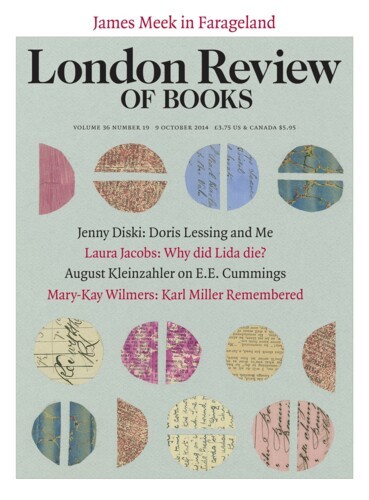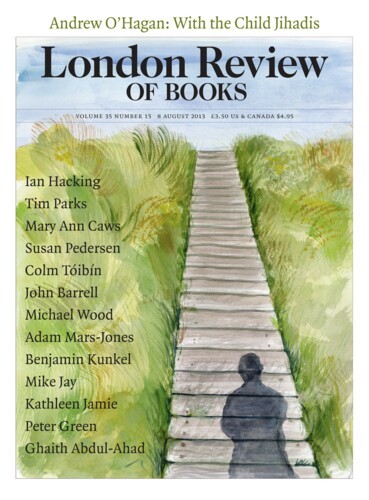The Passion of the Bureaucrats: Skulduggery in the Vatican
Tim Parks, 18 February 2016
‘Most blessed Father,’ five international auditors wrote to Pope Francis on 27 June 2013, three months into his papacy, ‘there is an almost total lack of clarity in the accounts of both the Holy See and the Governorate.’ The letter goes on: ‘This lack of clarity makes it impossible to establish a proper estimate of the real financial position of the Vatican, whether as a whole or with regard to the single elements of which it is made up. It also means that no one can really consider themselves responsible for its financial management. All we know is that the data we examined indicates a seriously negative trend.’





